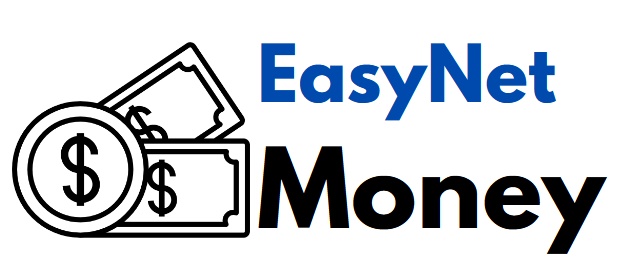People from the Central African Republic, CAR, are looking at a massive crypto-related financial transformation in their country. According to the local media outlets of CAR, the local government has recently decided to elevate Bitcoin as the legal tender in the region. Following the example of El Salvador, a South American country, several developing nations have been planning to make similar changes.
Faustin Archange Touadera is the elected president of CAR who recently confirmed the news. He claimed that the local fiat currency or CFA Franc would act as a collateral legal tender alongside Bitcoin. Obed Namsio is the Chief of Staff, who tweeted that CAR is the first nation on the African Continent to legalize Bitcoin. Namsio further told AFP news that Bitcoin would bring more media light to the region and invite international investment opportunities to the region.
The official Twitter account of a European resident and Bitcoin proponent that goes by the name of Oliver Koblizek, recently shared the big news from CAR. He shared some excerpts of the CAR’s local media publications and news houses. The tweet shared by Koblizek mentioned that Bitcoin gained the position of the official legal tender in the region.
Furthermore, he also shared some screenshots of the legal documentation copies available for legal experts alongside Google-translated copies. The news about the Central African Republic making Bitcoin an additional legal tender has been circulating in the media. It is worth mentioning that a cryptocurrency regulation bill was passed in CAR parliament in the ongoing week, but President Touadera passed the bill yesterday.
Bitcoin Gets Legal in Many Countries
Bitcoin has managed to remain in public circulation for around 13 years now. Per unit price of Bitcoin reached $68K at its peak during last year’s bull market session. Last year in September, El Salvador became the first country in the world to list Bitcoin as its sole legal tender demoting its former fiat of choice, USD. Salvadorian government introduced the Chivo wallet to make Bitcoin usage more accessible for its citizens.
Salvador faced immense pressure to stick to its Bitcoin ruling from financial monopolies like the International Monetary Fund, which claimed that Bitcoin inclusion policies could hinder the credit standing and loan approval for the country. Meanwhile, Salvador President Nayib Bukele maintained his Bitcoin position and also has plans for more related projects like Bitcoin City, Bitcoin bond, and geothermal power plants for Bitcoin mining.

